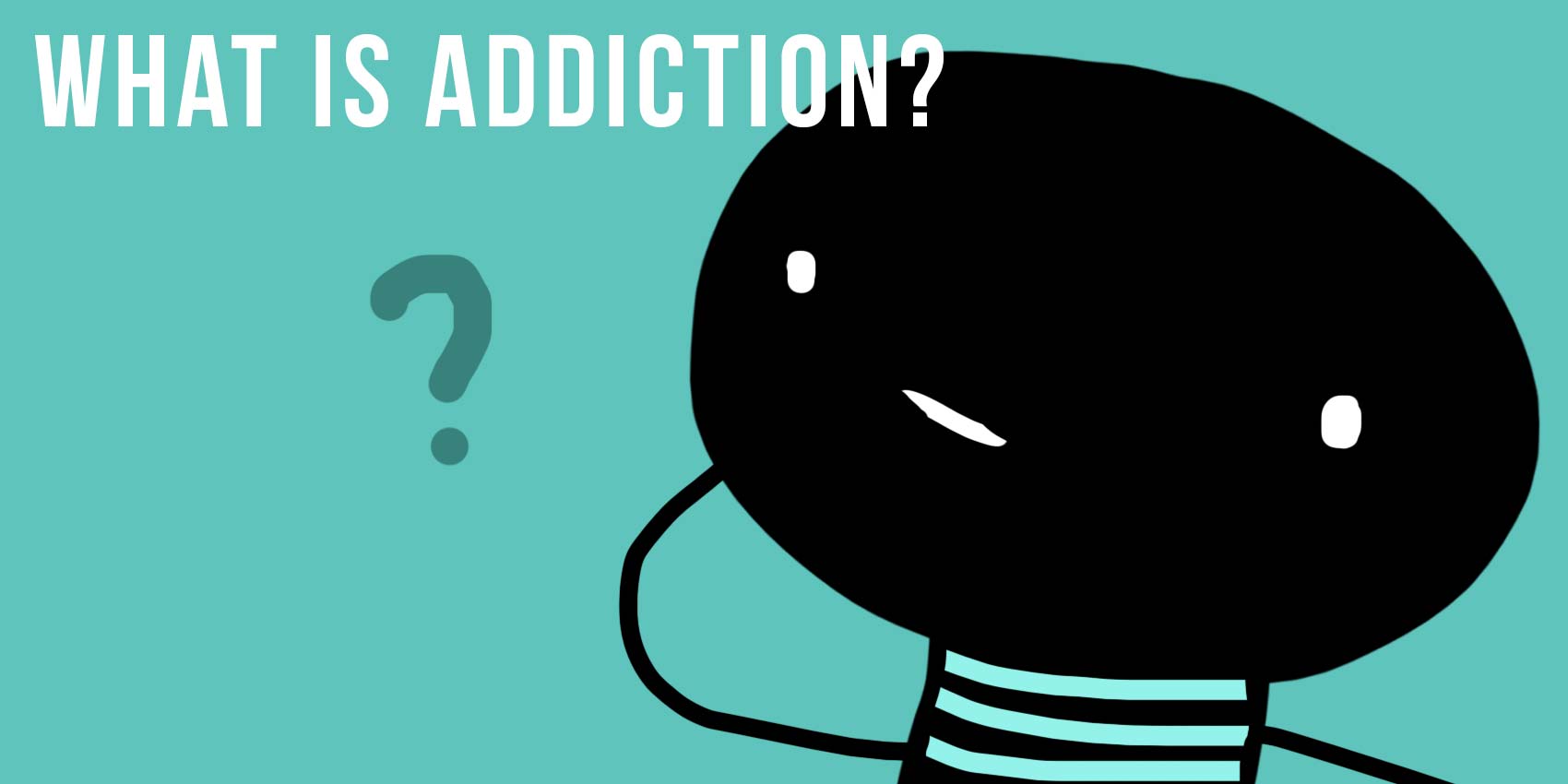14 Nov What Is addiction?

Quiz yourself: Addiction only occurs with drugs and alcohol since they lead to negative consequences. You can’t really be addicted to anything else. True or false?
The answer to the above is, false. One can become addicted to any number of activities: shopping, eating, sex, gambling, technology as well as drugs and alcohol (remember, alcohol IS a drug). This is because of how your brain is wired for pleasure.
ATTENTION!!! Please keep in mind that although these sub posts mainly focus on addiction as it relates to drugs and alcohol, people can become addicted to many activities, such as gambling or even cell phone use (Yes! Gasp! It’s true!!)
According to the National Institute on Drug Abuse, “Drug addiction is a chronic disease characterized by drug seeking and use that is compulsive, or difficult to control, despite harmful consequences.”
(Source: https://www.drugabuse.gov/publications/drugfacts/understanding-drug-use-addiction)

DID YOU KNOW? The Latin root of the word addiction means to give over or surrender. How does that make you feel to surrender your self to something like drugs? (dictionary.com)
When addiction sets in, the main focus for the person who is addicted goes from being people-oriented to thing- or object-oriented. They want the relationship with the thing that brings them pleasure—like the drug or the alcohol or the sex—but not the relationship with people (like they did before). Often, people then become a means to an end: a way to obtain drugs or alcohol. People who are addicted may use other people to get what they want. Those other people then see this happening and start to pull away from the person with the addiction. This isolates the addicted person even more, contributing to the overall problem. Other times, people who love the addict do everything they can to help but their efforts often fail and so they often feel lost. Addiction has a large impact not just on the person with addiction but on loved ones as well.

DID YOU KNOW? Approximately 10% of Americans struggled with a substance abuse disorder in 2014.
(Source: https://www.samhsa.gov/data/sites/default/files/NSDUH-FRR1-2014/NSDUH-FRR1-2014.pdf)
Basically, a lot of stuff happens in the brain of an addicted person, compared to someone who is not addicted. Those changes create a cycle of continued addiction, making it more and more difficult for the person to stop doing whatever it is to which he or she is addicted. In these posts on addiction, you will learn about this brain disease in two ways: you will receive some straightforward brain information and read an analogy about a magical surfboard named Tinker.
But first, who do you think becomes an addict? Read on to learn about an addictive personality, brain changes and other risk factors….




Post Question:
Can you believe that so many Americans are addicted to drugs? Were you surprised to read the numbers? How does that translate into your classroom? Given the same statistic, how many of your classmates are in danger of becoming addicts?
Answer the post question here
What's being said